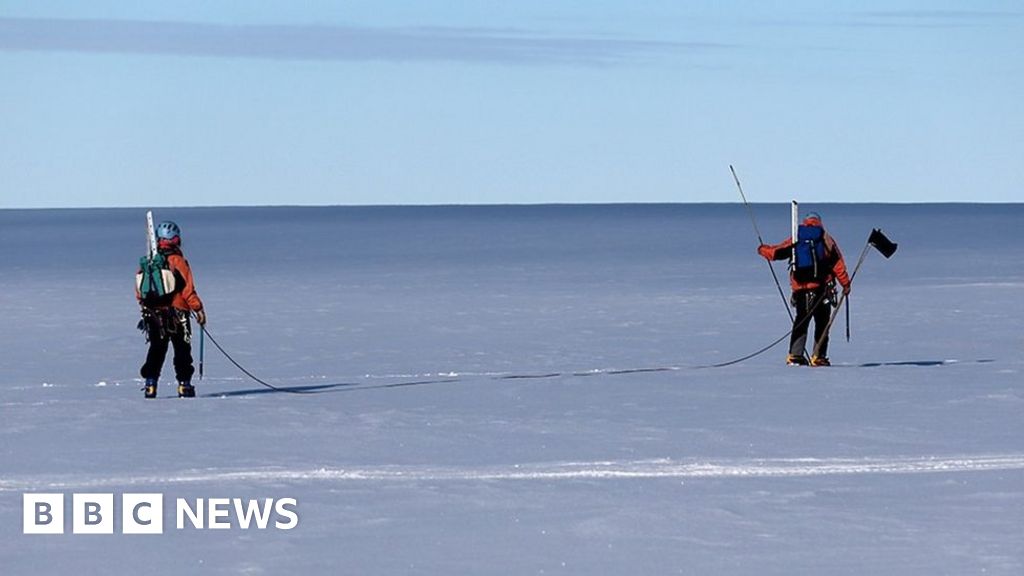Greenland and Antarctica are melting at an alarming rate, which is leading to rising sea levels that pose a threat to coastal properties, the livelihoods of coastal communities, and the very existence of low-lying countries. The consequences of rising sea levels extend beyond erosion and flooding of land as they also allow destructive storms to penetrate further inland. Since 1880, global sea levels have increased by 21cm to 24cm, with the majority of this rise attributed to the physical expansion of water as it warms.
The physical expansion of water has contributed significantly to rising sea levels since 1880, but in recent years, the melting of ice from Greenland and Antarctica has become a significant contributing factor. This poses a threat not just to coastal regions but also to vulnerable populations worldwide. As polar ice continues to melt at an alarming rate, there has been discussion about implementing technological solutions such as underwater curtains and ice-thickening pumps to slow down this process.
However, these technological solutions may not be enough to combat the effects of climate change on our oceans entirely. Collaborative efforts and innovative solutions will be essential in adapting to and combating the effects of climate change on our oceans. It is crucial for global communities to address this issue now before it’s too late. Failure to do so could result in devastating consequences for coastal regions worldwide.
In conclusion, rising sea levels due to melting ice from Greenland and Antarctica pose a significant threat not just to coastal regions but also vulnerable populations worldwide. While technological solutions may help mitigate some of these effects, collaborative efforts and innovative solutions will be necessary in adapting to and combatting the effects of climate change on our oceans entirely. It is crucial that global communities take action now before it’s too late.



